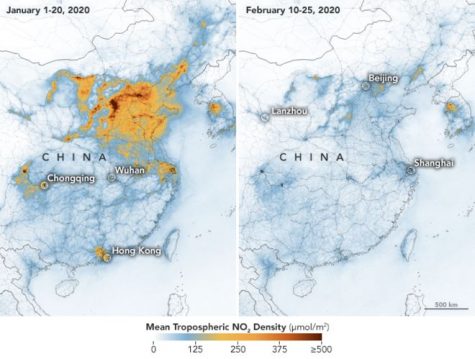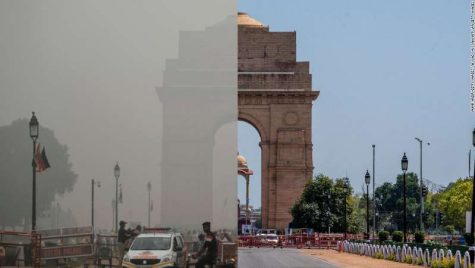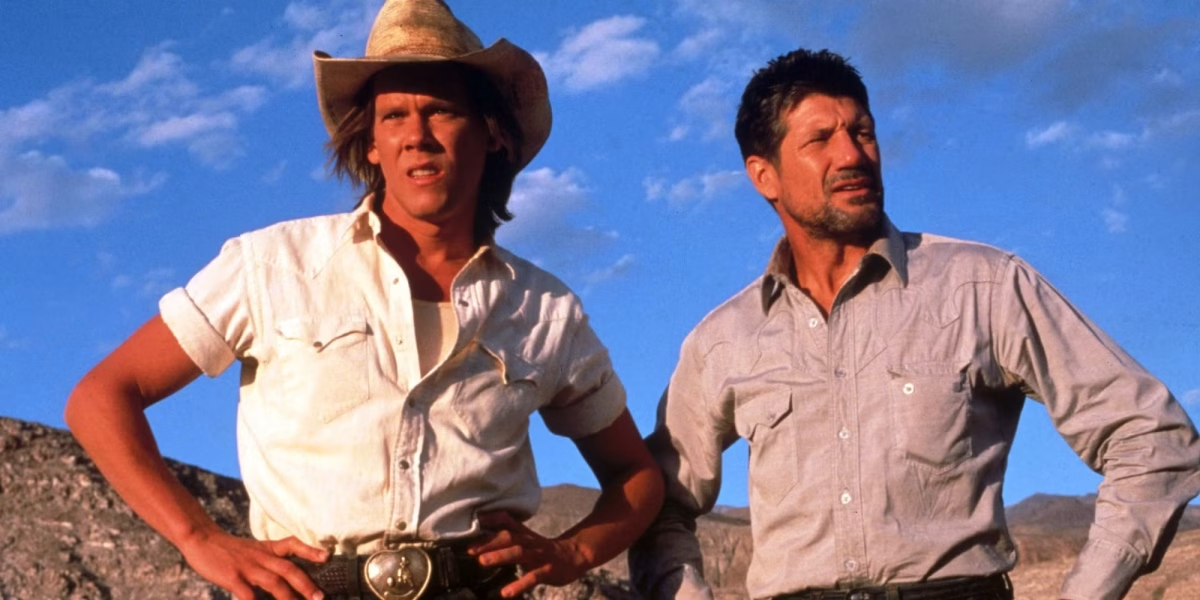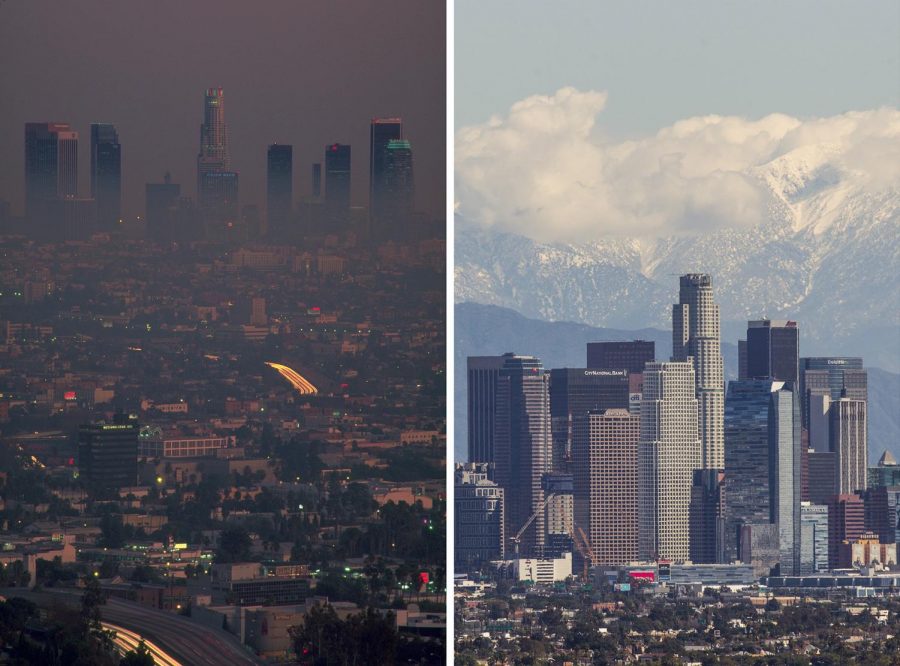What COVID-19 Tells us About Climate Change
Throughout the COVID-19 pandemic, it’s likely that most people have heard of its impact on the environment as more and more populations are required to quarantine: posts of dolphins returning to the canals of Venice, elephants breaking into Chinese villages, and animals roaming city streets have blown up on Instagram and Twitter. But, as many environmental experts warn, these “silver-linings” of COVID-19 shouldn’t get our hopes up about climate change.
Undoubtedly, this quarantine can have a positive, if temporary, effect on the environment. For instance, according to BBC, levels of pollution in New York City have dropped by nearly 50% since the start of social distancing measures, and pollutant emissions in China fell as much as 25% since the start of the year.
Many scientists fear, however, that once social distancing restrictions are lifted, people will attempt to make up for lost time by travelling more often. Experts also equate the dip in pollution levels to the dip in emissions during the 2008 and 2009 financial crisis. As BBC notes, “the financial crash of 2008-09 led to an overall dip in emissions of 1.3%. But this quickly rebounded by 2010 as the economy recovered, leading to an all-time high.” Experts fear that the same thing could happen in the coming years, as economies around the world recover following the pandemic.

Some do hold hope that economic recovery efforts can forestall a pollution rebound event if sectors like clean energy are invested in, according to BBC. And, others are quick to point out how the government response to COVID-19 reflects the needed response for climate change. “It… shows that at the national, or international level, if we need to take action we can,” Donna Green, associate professor at University of New South Wales’s Climate Change Research Centre in New Zealand, told CNN. “So why haven’t we for climate? And not with words, with real actions.”
And as for the posts sharing photos of animals purportedly “reclaiming” the world, although that claim may be true, experts point out that being in quarantine is not an economically sustainable way to reduce pollution. “Of course, we have other policies in place that we could use to achieve these reductions in water pollution and air pollution that would’ve done this in a much cheaper way. I think that’s one of the most important points to take home,” Charles Sims, Associate professor of economics and Director of the Energy and Environmental Policy Program at the Howard H. Baker Center says. “Yes we have seen a big decrease in environmental pollution which is great, but we’ve probably done it in the most expensive way that we could.”

Sims notes that in the coming months, we can help boost the economy and help the environment by “directing where our dollars are spent.” Sims says that “as consumers the thing you can do to reinforce that is making sure that the purchases you’re making have been produced in an environmentally sound way.”
Responding to trending posts, National Geographic was quick to point out some misrepresentations. As National Geographic notes, the ‘Venetian’ dolphins were actually filmed in Sardinia, where seeing dolphins is a common occurrence. National Geographic warns that“the phenomenon highlights how quickly eye-popping, too-good-to-be-true rumors can spread in times of crisis. People are compelled to share posts that make them emotional.”
Overall, many experts warn citizens against getting caught up in the idea that climate change can be reversed through a few months of quarantine. However, like the clearer skies in Las Angeles and throughout China show, changing many of our habits can enact positive change in the long run.

Analise is a senior at West Morris Central high school. During her junior year, she was a world news editor for The Paw. She has a passion for educating...

































